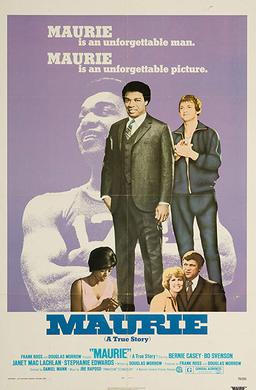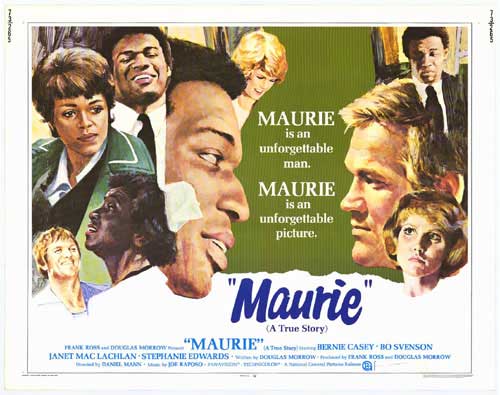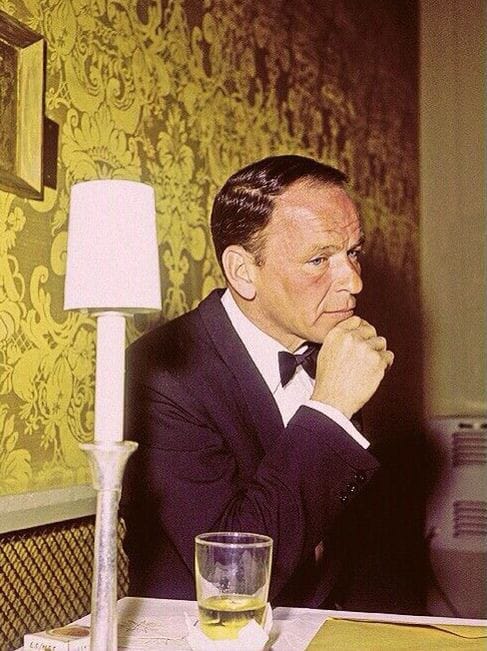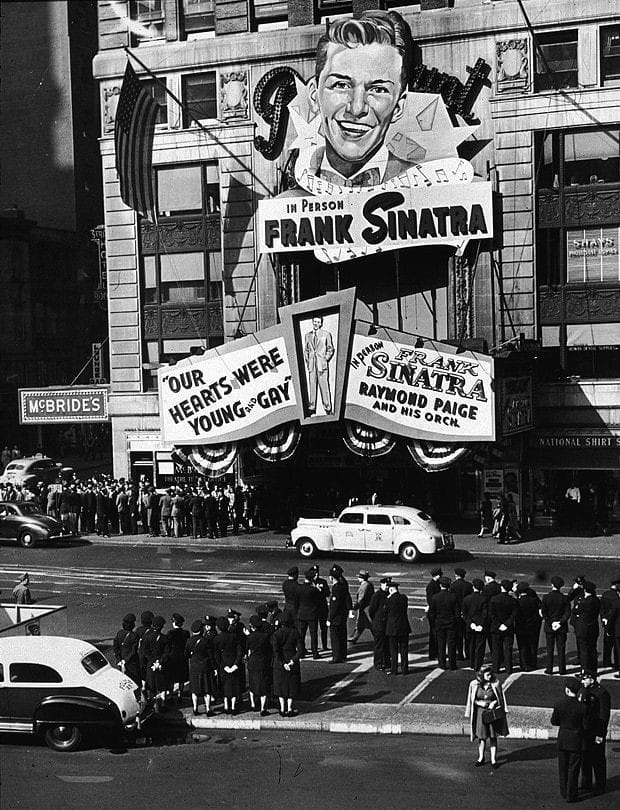
YOU WILL BE MY MUSIC
Sinatra sings Joe Raposo (3)
By Mahnuel Muñoz
When the album “Ol’Blue Eyes Is Back” hit stores in October 1973, the United States was reeling from the Watergate scandal and the oil crisis. For many, reuniting with Sinatra and his music was a small consolation to cling to in the midst of such an uncertain outlook.
The album should not be compared to the classics of the 1950s and 1960s, as its purpose is different; It is an accurate work of location in space and time, melancholic and excited in equal parts. The orchestral arrangements by Gordon Jenkins and Don Costa, tradition and innovation respectively, help to outline both discourses.
We have seen and heard so far how Joe Raposo’s music verbalized Sinatra’s personal concerns that, by extension, were common to countless human beings of his time. But the composer’s work also served the singer to share a message of hope that many needed, including Frank himself.
The inspiration for our topic today came through the emotional story of Maurice Stokes (1933-1970), an NBA player whose life and career were cut short in 1958 after hitting his head during a game and suffering encephalopathy with irreversible damage in his brain, which affected his language and motor system.
His sports career ended suddenly, and his personal situation, unable to afford the medical expenses resulting from the injury, was collapsing, but thanks to his friend and teammate Jack Twayman everything changed. He became his protector and legal representative, managed his health insurance and even organized an exhibition tournament to raise funds, which ended up becoming an annual classic. Through a rigorous rehabilitation program, Stokes regained limited physical movement and eventually the ability to speak. He died in 1970, at only 36 years old, victim of a heart attack.
His story was made into a film in 1973 with the film “Maurie“, directed by Daniel Mann – “The Rose Tattoo” (1955), “The Tea House on the August Moon” (1956) – and starring the athlete, actor and poet Bernie Casey.
The main song of the film, titled “Winners“, is the work of Joe Raposo and its interpretation was entrusted to the African-American singer Arthur Prysock.
The piece is a summary, through music and voice, of the spirit of the film and the life path of its protagonists, a beautiful tribute to the true winners in life, those who move forward with the forces of love, perseverance and talent. , and achieve their dreams despite the most terrible obstacles. With a simple and catchy melody, and unoriginal lyrics – like many pop “hymns” – that points to the most primary emotions, the main value of “Winners” is its teaching, which is still valid almost half a century later; a tribute to the people who strive to rebuild their world and that of others against the imponderables of life, a motivational speech that appeals to human greatness, that unites and does not confront.
Frank Sinatra recorded his version, with a magnificent arrangement by Don Costa, on June 21, 1973.
If you want to visit more articles about the life of Frank Sinatra enter the following Sinatra Radio 24h link: https://sinatraradio24h.com/category/articles/
We remind you that you can also listen to Sinatra Radio 24 hours on your mobile phone by downloading our free applications for Android in the Play Store https://play.google.com/store/apps/details?id=sinatra.radio24h









